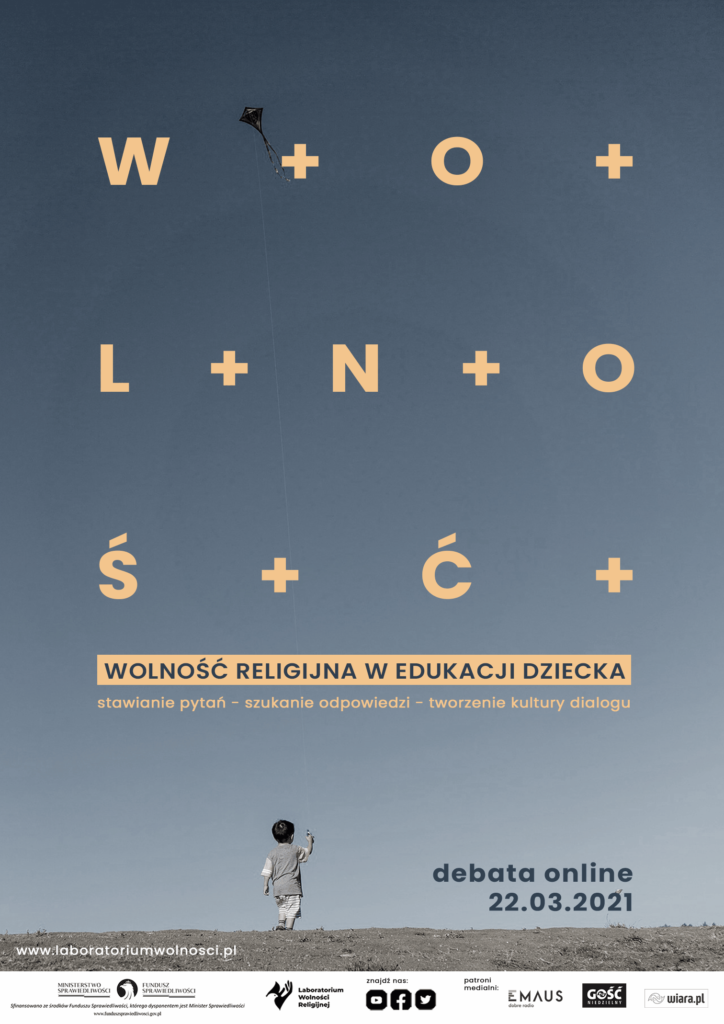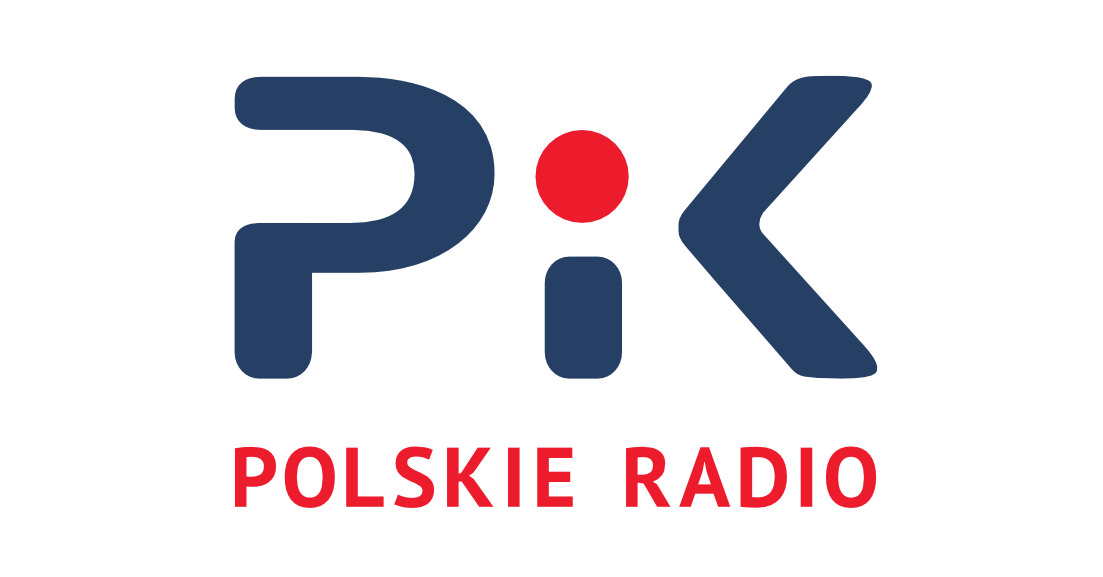Religious freedom of children – What does the law say about religious freedom? Who makes the decisions on this matter? State or parent, teacher or peers? Each individually or all together? In the complicated puzzle of our society – Which is the proper way to raise and educate a happy and empathetic child who loves itself and others? When is it appropriate to allow a child make its own choices in regard to the religious sphere? Should religion be taught in schools?
If you would like to know the answers to these and many other questions, take part in our first virtual debate, in which the importance of religion in the life of a child, will be discussed by:
- Kamilla Frejusz – academic lecturer, PhD in Education and Catechetics, specialist in the field of interreligious dialogue and with non-believers, author of the book "Religie niechrześcijańskie i dialog międzyreligijny w wybranych polskich podręcznikach do nauki religii dla młodzieży" ("Non-Christian Religions and Inter-religious Dialogue in selected Polish textbooks for learning religion for young people")
- Agnieszka Stefaniuk – philologist, author of the book "Jak to ogarnąć? Praktyczny poradnik zarządzania szczęściem" ("How can it be achieved? A practical guide to managing happiness"), a blogger and mother of seven, who shares her maternal experience on her Family Fun By Mum blog and builds a community of supportive women who want to speak boldly about family
- Rafał Maliszewski – PhD of Sociolinguistics, philosopher, educator, linguist, Kashubian expert, author of the book "Język jako więź wewnątrzgrupowa we wspólnocie komunikatywnej Gochów" ("Language as an intragroup bond in the communicative community of Gochów"); permanent publicist of the wpolityce.pl portal; author of numerous articles and columns in scientific journals, currently deputy director of the Catholic High School of Romuald Traugutt in Chojnice
They will, from four different perspectives:
- Present the role of parent, teacher and catechist in the upbringing of an empathetic child who accepts the diversity of the world, people and religious attitudes.
- Characterize the influence of the environment of peers and the media in shaping the child's own identity and morality.
- Tell how and where to implement the child's religious education and when to allow it to make its own religious choices.
- Consider whether religious freedom should be spoken of and educated at school, and if neutral education can be implemented.
- Answer questions of the participants, by sharing their knowledge and experience.

Media patronage:
 |  |  |  |  |
Autor: Paweł Kiermasz
Date: 25 February 2021

